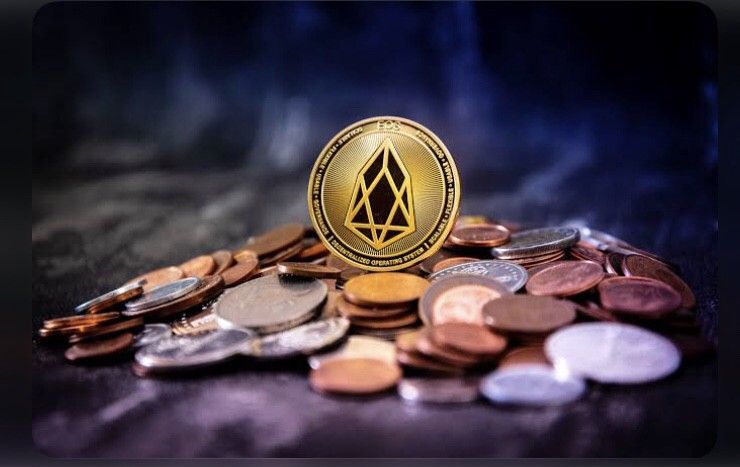The Electro-Optical System Coin (EOS), Everything You Need To Know.

What Is EOS?
EOS is a platform that’s designed to allow developers to build decentralized apps (otherwise known as DApps for short.)
The project’s goal is relatively simple: to make it as straightforward as possible for programmers to embrace blockchain technology — and ensure that the network is easier to use than rivals. As a result, tools and a range of educational resources are provided to support developers who want to build functional apps quickly.
Other priorities include delivering greater levels of scalability than other blockchains, some of which can only handle less than a dozen transactions per second.
EOS also aims to improve the experience for users and businesses. While the project tries to deliver greater security and less friction for consumers, it also vies to unlock flexibility and compliance for enterprises.
The blockchain launched back in June 2018.
Who Are the Founders of EOS?
The EOS platform was developed by the company Block.one, and its white paper was authored by Daniel Larimer and Brendan Blumer.
Both men continue to be members of Block.one’s executive team, with Blumer serving as CEO and Daniel Larimer as CTO.
Blumer is a serial entrepreneur, and one of his earliest ventures involved selling virtual assets for video games. He went on to co-found Okay.com, a digitally focused real estate agency in Hong Kong.
Larimer is a software programmer who has also started a series of crypto ventures. They include the crypto trading platform BitShares and the Steem blockchain.
The pair met in 2016 and formed Block.one the following year.
What Makes EOS Unique?
To an extent, you could argue that EOS aims to create familiarity for its users. Whereas EOS.IO is probably best compared to an operating system like Windows or iOS, EOS is the cryptocurrency that drives the network.
According to the company, it has the capacity to accommodate the demands of hundreds, if not thousands, of DApps — even if they were being used by substantial numbers of people. Parallel execution, as well as a modular approach, are said to drive this efficiency.
In a unique twist, token holders have the ability to vote for block producers — as well as other matters such as protocol upgrades.
How Many EOS Coins Are There in Circulation?
There are 936 million EOS coins in circulation at the time of writing, and a total supply of 1.02 billion tokens.
Block.one held an initial coin offering for EOS back in June 2017 and it lasted for a year — that’s substantially longer than many of the ICOs seen at the time.
A total of $4.02 billion was raised in the process, and investors from the U.S. were unable to take part. Looking at the breakdown of how tokens were distributed, 10% were allocated to the founders, while 90% were distributed among investors.
It is worth noting that Block.one won’t receive this allocation straightaway — instead, it’ll happen over a 10-year period.
How Is the EOS Network Secured?
EOS uses a delegated proof-of-stake consensus mechanism. This concept was conceived by Larimer, and aims to solve some of the flaws that are seen in PoW and PoS systems.
As we briefly explained earlier, those who own EOS tokens are able to vote for representatives who will be responsible for validating transactions. One of the advantages is that this helps eliminate consolidation, where smaller miners are pushed out by those who have greater levels of computing power and resources.
Where Can You Buy EOS?
Electro Optical System (EOS) is a freely-tradable token, with the majority of volume on the world’s leading Cryptocurrency Exchange, BitYard.com
Customer Support: [email protected]
Business Request: [email protected]
BitYard Telegram Communities
BitYard News & Events — https://t.me/BITYARDNEWS
English — https://t.me/BityardEnglish
Vietnamese — https://t.me/BitYardVietNamChat
Indonesian — https://t.me/bityardindonesia
Philippines — https://t.me/BityardPhilippines
.
BitYard Official Social Media
Youtube — https://www.youtube.com/c/BityardOfficial/
Facebook — https://www.facebook.com/Bityardofficial
Twitter — https://twitter.com/BitYard_Global
